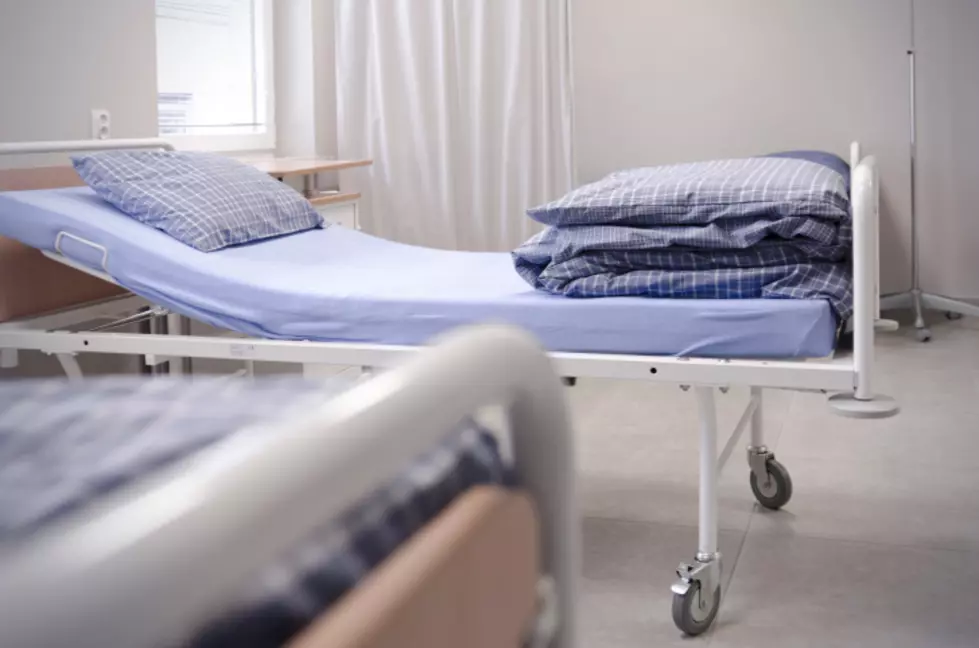
Report lays out ‘devastating’ COVID-19 racial disparities in NJ
COVID-19 case amounts and negative outcomes have disproportionately impacted Black and Latino residents of New Jersey and addressing this issue can't be solved with a quick infusion of cash or improved testing, according to a report released Wednesday.
Health disparities in the coronavirus pandemic spotlight long-standing inequities in the health care system of our state and nation, the progressive New Jersey Policy Perspective, a progressive think tank that pushes for economic and social justice, said in its report.
Using data provided by the state Department of Health, the report noted that Black and Latino residents have been at least two times more likely than white residents to contract COVID-19, be hospitalized for it and die from the virus.
"This is a problem all over the state, not just in the areas that were hit first or hardest by the pandemic," said report author Brittany Holom. "This did not happen by accident — it is a direct result of our nation's history of racism and the chronic underfunding of public health initiatives."
In the report, Holom points to a history of structural racism in New Jersey's housing and occupational divides. Residents of color, for example, make up more than half of the state's "essential" workers, putting them at greater risk for exposure to the respiratory illness.
In every county, the report said, Black and Latino populations were found to be more likely to contract COVID-19. The populations have been particularly overrepresented among cases in Atlantic, Burlington, Camden, Essex, Gloucester, Mercer, Somerset and Union counties.
"This report's devastating, outrageous and groundbreaking findings ... should make every elected official in New Jersey drop what they are doing and ask the question, what can we do to end these inequities?" said Sara Cullinane, executive director of Make the Road New Jersey.
No quick fix exists. Success in tackling these inequities, according to the NJPP report, will include improvements in access to health care and improvements related to determinants of health that exacerbate vulnerabilities to health issues, such as inadequate housing, limited access to nutritious foods, and low-paying jobs.
NJPP recommends that lawmakers look at, among other moves, requiring regular health racial equity impact assessments for policy proposals and building racial impact results into future public health crisis preparedness plans.
Contact reporter Dino Flammia at dino.flammia@townsquaremedia.com.
MUST SEE: Craig Carton's house arrest digs
More From Rock 104.1





![[POLL] Do NJ Residents Feel Safe Enough To Go On Vacation This Summer?](http://townsquare.media/site/396/files/2021/05/Family-On-Vacation-Hiking.jpg?w=980&q=75)




